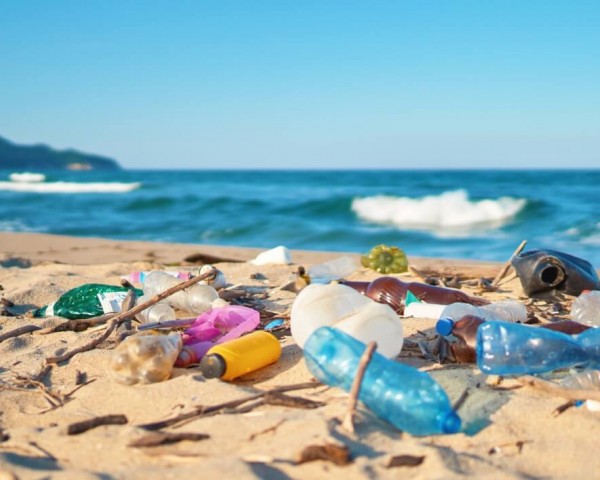The study titled “The Implications of Tourist Activity in the Algarve Region for Urban Waste Management,” conducted by researchers from five universities in Portugal and the United States, highlights the urgent need to find more sustainable solutions to reduce the environmental impact resulting from the significant seasonality of tourism in this area. Tourist waste is a growing problem.
According to Eduardo Cardadeiro, the study’s coordinator, a tourist in the Algarve generates, on average, twice as much waste per day as a resident of the region. Tourism’s “strong seasonality” exacerbates the challenges associated with solid waste management.
“Tourism is vital to the economy of the Algarve, but it is essential to ensure that its growth does not compromise the sustainable development of the region,” added the professor from the Universidade Autónoma.
According to Eduardo Cardadeiro, the study will continue to evolve after this initial phase, which aims to characterize the relationship between tourism and waste management. It will also analyze the municipal solid waste generated by tourism.
“If we can better understand how tourism impacts waste production and improve our management of this process, we can more effectively achieve our goals in the waste sector. This will allow us to promote the Algarve as a destination that manages tourist waste sustainably and supports the circular economy,” he stated.
In 2023, a study revealed that the Algarve region recorded 29 million overnight stays, with 82% occurring during the high season. This inbound tourism placed significant pressure on the region’s waste management services.
In August alone, tourism generated 41% of the waste, averaging 3.6 kilograms per overnight stay—more than double the per capita waste volume produced by residents.
The study also highlighted that over 80% of municipal waste in the Algarve is currently sent to landfills, while the recycling and reuse rate is below 15%. This figure falls short of the 2035 targets set by the European Union.
Furthermore, the document emphasizes the need for measures to be implemented in order to meet the EU’s goals and promote a circular economy and sustainable practices within the Algarve region.







![How to Visit Ain Dubai – the World’s Largest Observation Wheel [Reopened 2025!]](https://pulseprotravel.com/wp-content/uploads/2025/01/Dubai-Travel-Planner-Ain-Dubai-Depositphotos-324x160.jpg)



![How to Visit Ain Dubai – the World’s Largest Observation Wheel [Reopened 2025!]](https://pulseprotravel.com/wp-content/uploads/2025/01/Dubai-Travel-Planner-Ain-Dubai-Depositphotos-218x150.jpg)
